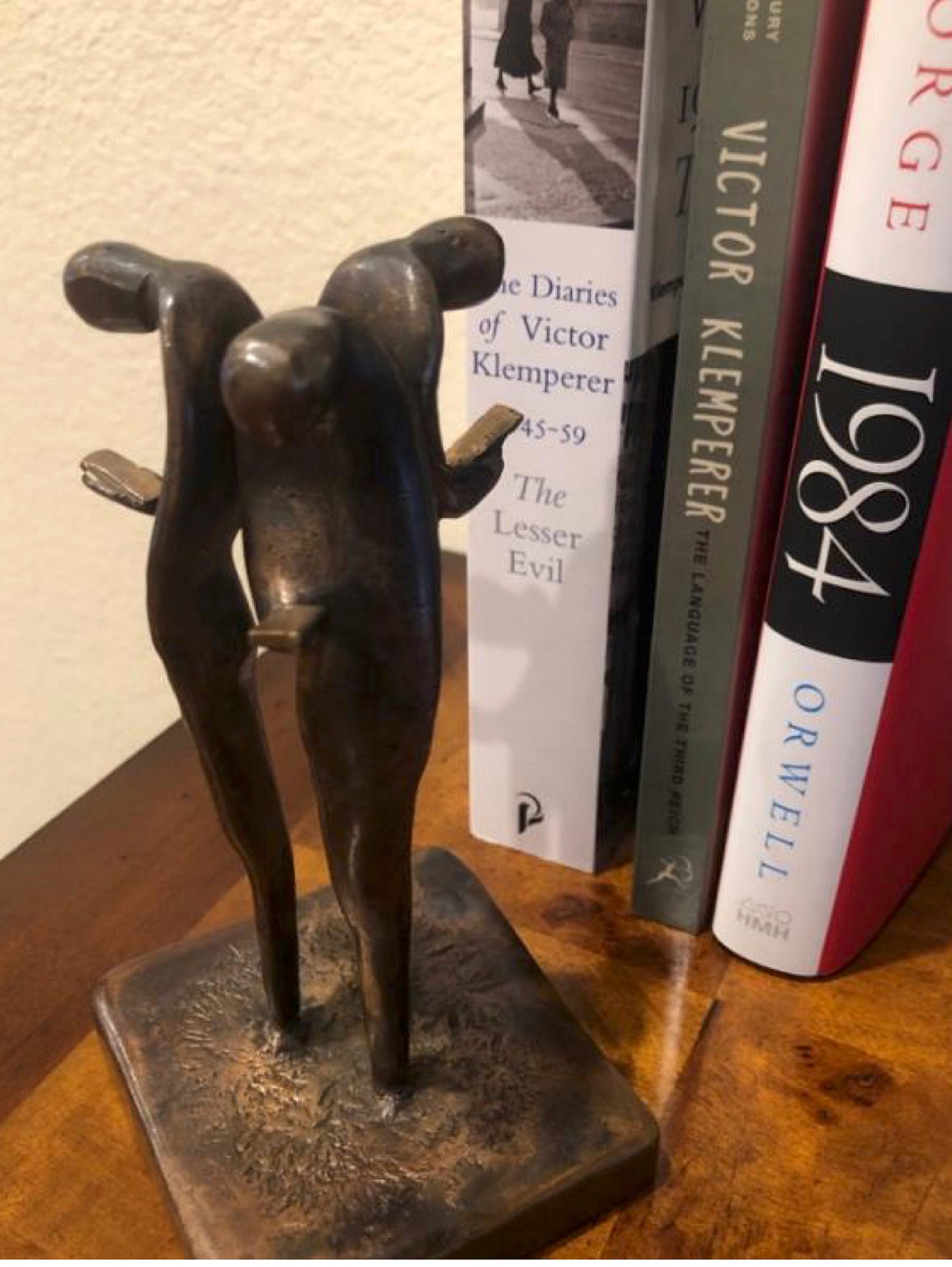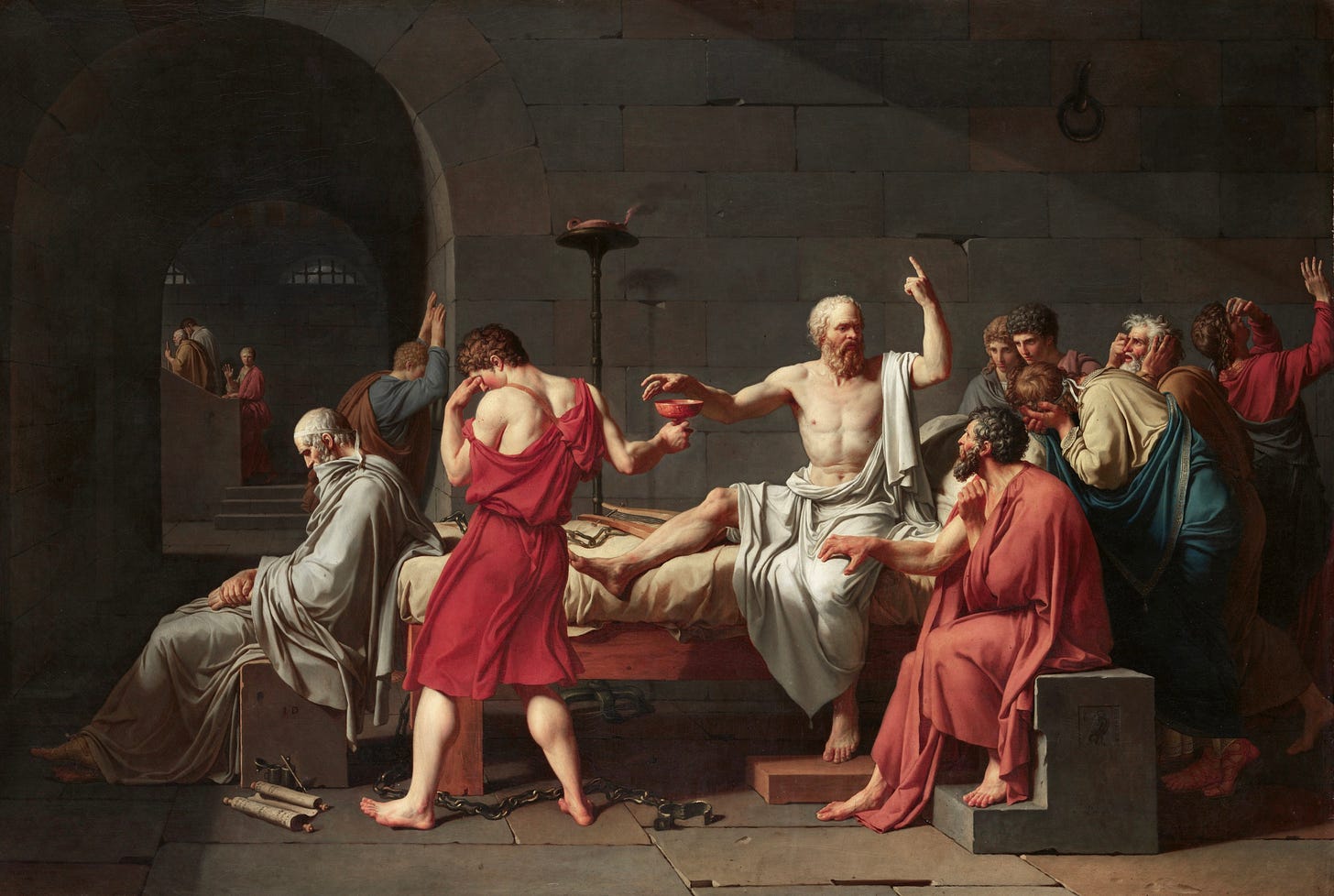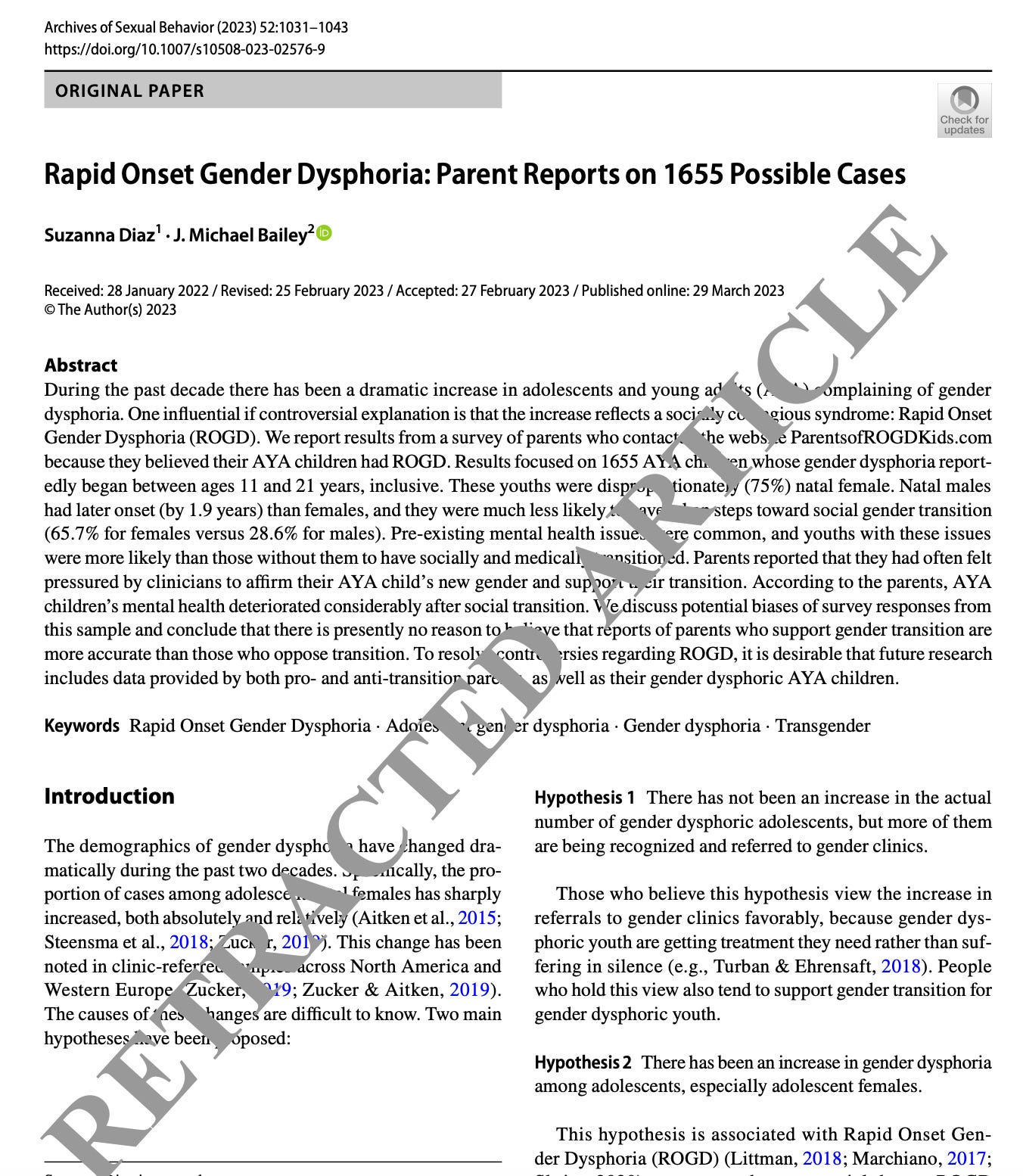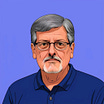Censorship in the Sciences: Interdisciplinary Perspectives
Mark your calendars for this exciting upcoming conference (January, 2025).
We are excited to announce an upcoming conference dedicated to the topic of censorship in the sciences. The conference will take place on January 10–12, 2025, on the USC campus in Los Angeles, California. Visit the conference website to learn more, sign up for uppdates, and register (registration will open in October). In-person participation is limited by the capacity of the venue, so to assure a spot please register as early as possible. The presentations will be streamed and recorded, and the proceedings of the conference will be published in the Journal of Controversial Ideas.
Censorship in the sciences entails suppression of the investigation of scientific questions, or the publication and dissemination of scientific findings, on the grounds that such knowledge would be dangerous, undesirable, or contrary to moral, political, or religious beliefs, attitudes or values adhered to by some segment of the population.
Today, censorship in the sciences occurs in publishing, at university and research labs, in funding, and in science communication. In these academic settings censorship is executed largely by scientists themselves rather than by governments. This focus makes our conference distinct from other events dedicated to censorship.
We discussed the topic of modern-day censorship in our post, “Spotlight on Scientific Censorship: A Virtual Collection,” on HxSTEM, where we highlighted recent scholarship focused on the types and mechanisms of censorship and compiled a collection of controversial examples including some precipitated by social-media outrage. The conference at USC will bring together an interdisciplinary group of experts—both within and outside academia—from around the world in order to take a deep dive into this important topic and address a series of contentious issues about scientific censorship:
When, if ever, does rejection of manuscripts for publication or grants for funding constitute censorship? How much of a role, if any, should ethical/moral issues play in deciding which scientific ideas to disseminate? What are the likely costs and benefits of institutionalized censorship? How do we decide, and who decides, when the benefits outweigh the costs?
When and how do university administrations and funding agencies, through either action or inaction, mask censorship by finding ostensibly other reasons to silence scientists? How does censorship of scientists or scientific ideas manifest? Is compelled speech a form of censorship, and, if so, how does it manifest in science?
By bringing together experts with widely varying perspectives on censorship from within the natural sciences, social sciences, philosophy, humanities, and law, we aim to host a civil conversation regarding these different perspectives and sharpen the understanding of what is and is not scientific censorship and when it may and may not be justified.
The following topics will be discussed at the conference:
What is censorship? When is it bad and when is it good? Ethical reasons for censorship.
Scientific freedom versus social responsibility; tradeoffs between pro-social considerations and scientific progress.
The science of censorship, the philosophical roots of censorship, and the mechanisms of censorship (e.g., the roles played scientists themselves, funding agencies, review panels, editorial boards, and professional societies and organizations).
Compelled speech as a form of censorship.
Censorship of research results versus censorship of discussion on science policy.
Censorship as a part of cancel culture.
Censorship of scientists in the public square.
The conference is organized by Anna Krylov (USC), Arie Kapteyn (USC), Margaret Crable (USC), Michele Warnock (USC), Lee Jussim (Rutgers), Ivan Marinovic (Stanford), with input from a scientific advisory board—Alexander Arnold (Heterodox Academy), Cory Clark (UPenn), Barry Honig (Columbia, AASL), Luana Maroja (Williams), Sean Stevens (FIRE), Abigail Thompson (UC Davis, AFA), Keith Whittington (Yale, AFA).
The list of confirmed speakers and panelists is available here (and will be updated as we finalize the program). The participants include academics, public intellectuals, acclaimed authors, representatives of various organizations championing free speech and academic freedom, Retraction Watch, publishers, as well as scientists who have experienced censorship first hand.
The conference will feature two plenary speakers: Jonathan Rauch, author of The Constitution of Knowledge, and Jacob Mchangama, author of Free Speech: A History from Socrates to Social Media. Greg Lukianoff lists these two books at the top of his “Required Reading for ‘Free Speech 101.’”
The conference is made possible due to the support of two major donors—the American Academy of Sciences and Letters and Heterodox Academy, with additional support from the Institute for Humane Studies, the Foundation for Individual Rights and Expression, the Academic Freedom Alliance, the USC Center for Economic and Social Research, the Institute for Humane Studies, Benjamin W. Slivka, Cornell Free Speech Alliance, and MIT Free Speech Alliance. The growing list of donors is available on the website.
Mark you calendars—and we hope to see you in Los Angeles in January 2025!
Update (11/9/2024): The conference program is now available! If you are interested to attend, please register here. The registration includes lunches, refreshments, and social reception with drinks and heavy hors d'oeuvres.








Wow...impressive. This sounds like a great conference.
Excellent initiative - thanks and cheers!